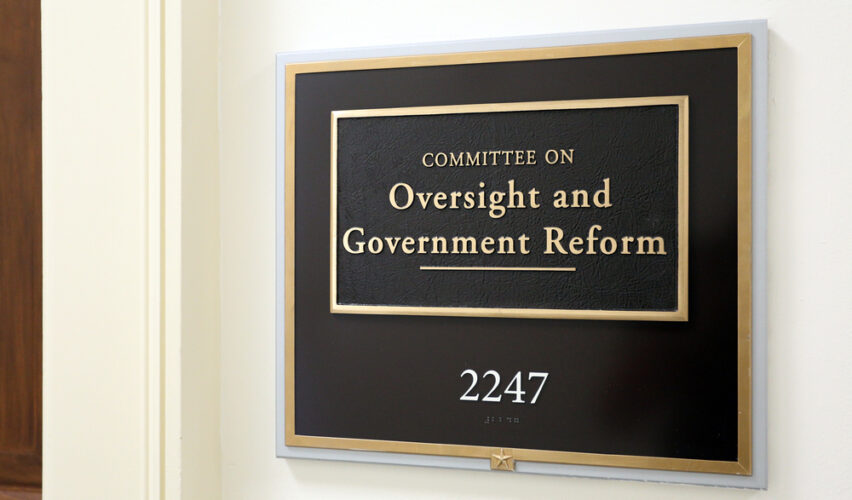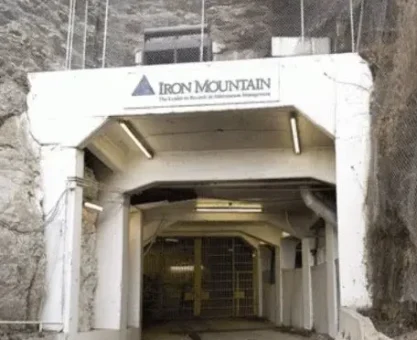Reorganizing Government Act of 2025 (H.R. 1295)
This bill renews and extends presidential authority to propose executive branch reorganization plans through December 2026. It amends the Reorganization Act Amendments of 1984, requiring Congress to vote on these plans within 90 days via a joint resolution (up or down, no filibuster). The aim is to streamline government operations, reduce bureaucracy, and align with President Trump’s promise to “drain the swamp.” Historically, such authority was used by presidents from Hoover to Reagan (last in 1984). Supporters argue it cuts bureaucratic waste, allowing the president to modernize agencies quickly without legislative gridlock, while critics warn it gives Trump unchecked authority to reshape government, risking partisan overreach or dismantling vital agencies.
Preserving Presidential Management Authority Act (H.R. 2249)
This bill amends Title 5, Chapter 71 of the U.S. Code (Labor-Management Relations) to allow a new president to terminate provisions of public sector union Collective Bargaining Agreements (CBAs). It targets “midnight CBAs” from the prior administration, which critics claim were designed to lock in union power and hinder Trump’s agenda. The intent is to restore presidential control over executive branch management, arguing that politically biased unions shouldn’t constrain a new administration’s mandate. Advocates assert it ensures a president can implement their vision without union deals from a prior administration tying their hands; however, opponents argue it undermines federal employees’ bargaining power, destabilizing labor protections for political gain.
Protecting Taxpayers’ Wallet Act (H.R. 1210)
This bill prohibits federal agencies from using taxpayer funds to pay employees for union activities (known as “official time”). It argues that unions should fund their own political or operational work, not taxpayers, especially given perceived partisan leanings. The goal is to save money and refocus federal resources on agency missions rather than union support. Supporters say taxpayers shouldn’t foot the bill for union work, especially if it’s political, saving millions annually, but critics contend “official time” aids workplace fairness (e.g., grievance handling), and banning it harms federal workers.
Paycheck Protection Act (H.R. 2174)
This bill bars federal agencies from deducting union dues, fees, or political contributions from employee paychecks. It aims to enhance “government efficiency and accountability” by ensuring employees opt into union funding voluntarily, outside payroll systems. It reflects a broader GOP push to limit union influence and aligns with civil service reform trends. Supporters argue that employees shouldn’t be forced into union funding via automatic deductions, enhancing freedom. Critics say it cripples unions financially, as voluntary opt-ins are less reliable than deductions, weakening labor voice.
These bills, advanced by the House Oversight Committee on March 25, 2025, reflect a push to shrink government, curb union power, and bolster executive authority. Arguments “for” align with GOP priorities – efficiency, fiscal conservatism, and voter mandates from 2024. Arguments “against” echo Democratic and union critiques regarding worker rights, oversight, and risks of overreach.

























